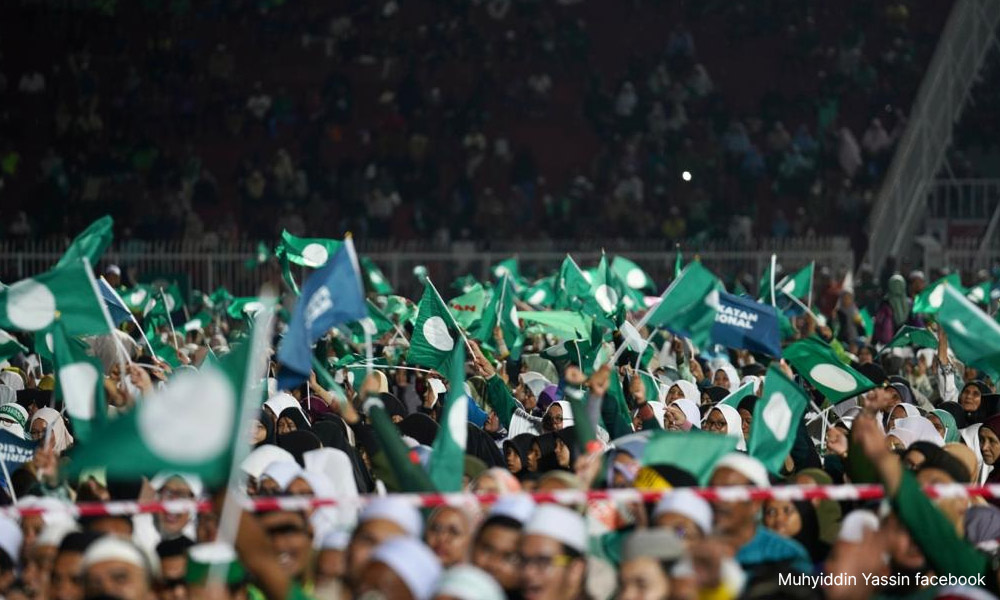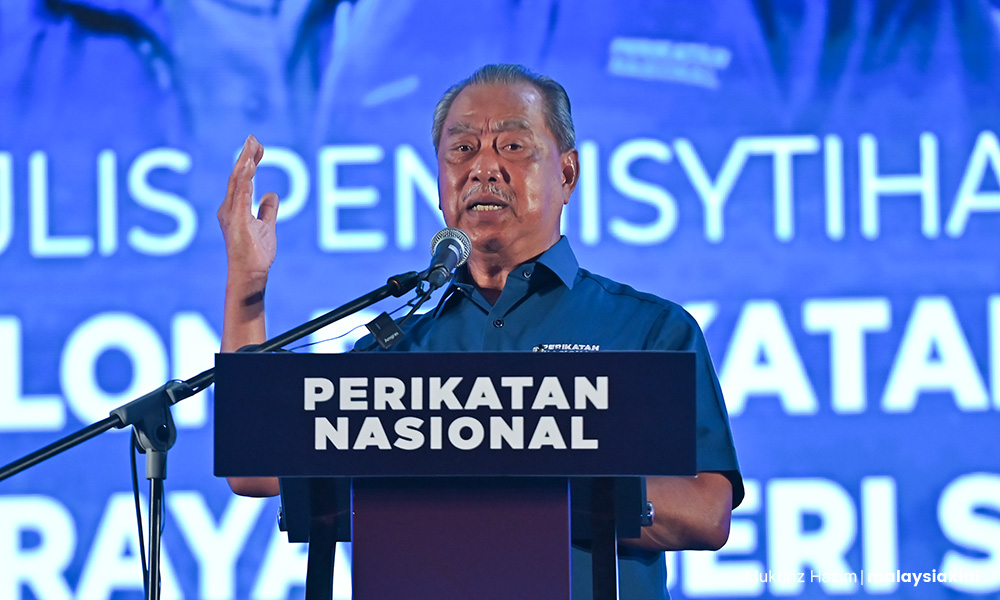Malaysia goes to the polls in six states on Aug 12 in what is seen as a litmus test for the new coalition government of Prime Minister Anwar Ibrahim.
Voters in Kedah, Penang, Kelantan, Terengganu, Selangor and Negeri Sembilan will deliver the first electoral progress report for Anwar’s government since his Pakatan Harapan-led coalition swept to power in the general election last November.
While the 245 state assembly seats at stake decide only who holds power at the state level, the stakes are high for national leaders as the contest also evaluates the standing of Anwar’s coalition against the Perikatan Nasional coalition led by former prime minister Muhyiddin Yassin.
Even the youth-led party, Muda, is taking a swing after parting ways with Anwar’s coalition.
Economically, there is a divide between the states going to the polls.
Penang recorded the highest GDP growth of any state at 13.1 percent last year, while Selangor also recorded strong growth (11.9 percent) and is the country’s biggest economic contributor, driving 25.5 percent of the national GDP.
Negeri Sembilan’s growth rate was 6.6 percent. Development in Kedah, Kelantan and Terengganu is generally much less vigorous and those three states have much higher rates of poverty.
Migration to their more developed neighbouring states is also an important pattern.
Kedah, Kelantan and Terengganu are all held by PN.
They are Malay majority states with many farmers helping to make up a large working class. They are often BN voters, before moving to PAS and Bersatu.
Parents from these groups enrol their children in Pasti (Pusat Asuhan Tunas Islam) kindergartens, aimed at exposing them to Islamic teachings at a young age.
These kindergartens are managed by the youth wing of the Islamist party, PAS, which is part of the PN coalition.

PAS sees this investment in early education as an opportunity to increase its influence.
The political ideology is different in the more urban and developed states of Selangor, Penang and Negeri Sembilan, which are all held by Harapan.
There, exposure to national education, vernacular schools (known for teaching in non-national languages such as Mandarin and Tamil), and political developments are reflected with the participation of DAP, PKR, Amanah, and now BN.
DAP previously held a centre-left political position but has adopted a more moderate political approach in line with the agreement between BN and Harapan.
Ongoing charges
In Selangor, Penang and Negeri Sembilan, satisfaction with the performance of state governments is likely to influence voters to keep the three states under Harapan.
Many government initiatives have been implemented to help residents, leaving few major issues that could undermine Harapan’s position.
PN wants to expand its influence in these three states but faces a struggle without strong socio-economic initiatives from its national leadership.
Ongoing corruption, defamation and sedition charges are also likely to influence voters and pose a political risk for the national opposition.
In March, Muhyiddin, former prime minister and head of the PN coalition, was charged with four counts of abuse of power involving RM232.5 million over projects awarded under his government’s Covid-19 stimulus programme.
He was also charged with three counts of money laundering involving RM200 million.

Harapan and Umno, a component party under BN, hope to expand their influence in the PN-held states of Kedah, Terengganu and Kelantan where they have been actively campaigning.
In this context, PN needs to be more concerned about its position in its stronghold.
PN is seen to be still campaigning on religious, ethnic and royalty issues although its position is not strong because the state has a record of changing administrations.
The political controversy could also be a factor in Kedah, where the caretaker chief minister, Muhammad Sanusi Md Nor of PAS, is also facing sedition charges for allegedly insulting the country’s sultans.
Voters under the age of 40, who represent more than 40 percent of the electorate, along with Malay voters, will be determinant factors, especially in conservative Malay areas.
If the Harapan coalition improves in these state elections it would indicate Anwar’s leadership is becoming more widely accepted, with his concept of Malaysia Madani expected to receive a positive response.
If Umno’s position strengthens, PN will lose ground and many of its members will slowly leave the party.
If voters shift the other way, it would be a blow to Umno and its leadership.
Umno members may question the relevance of collaborating with Harapan.
However, this will not bring Umno to cooperate with PN because it lacks the strength and numbers to form a federal government. - Mkini
AWANG AZMAN AWANG PAWI is an associate professor and sociopolitical analyst from the Academy of Malay Studies, Universiti Malaya.
Originally published under Creative Commons by 360info™.
The views expressed here are those of the author/contributor and do not necessarily represent the views of MMKtT.




No comments:
Post a Comment
Note: Only a member of this blog may post a comment.